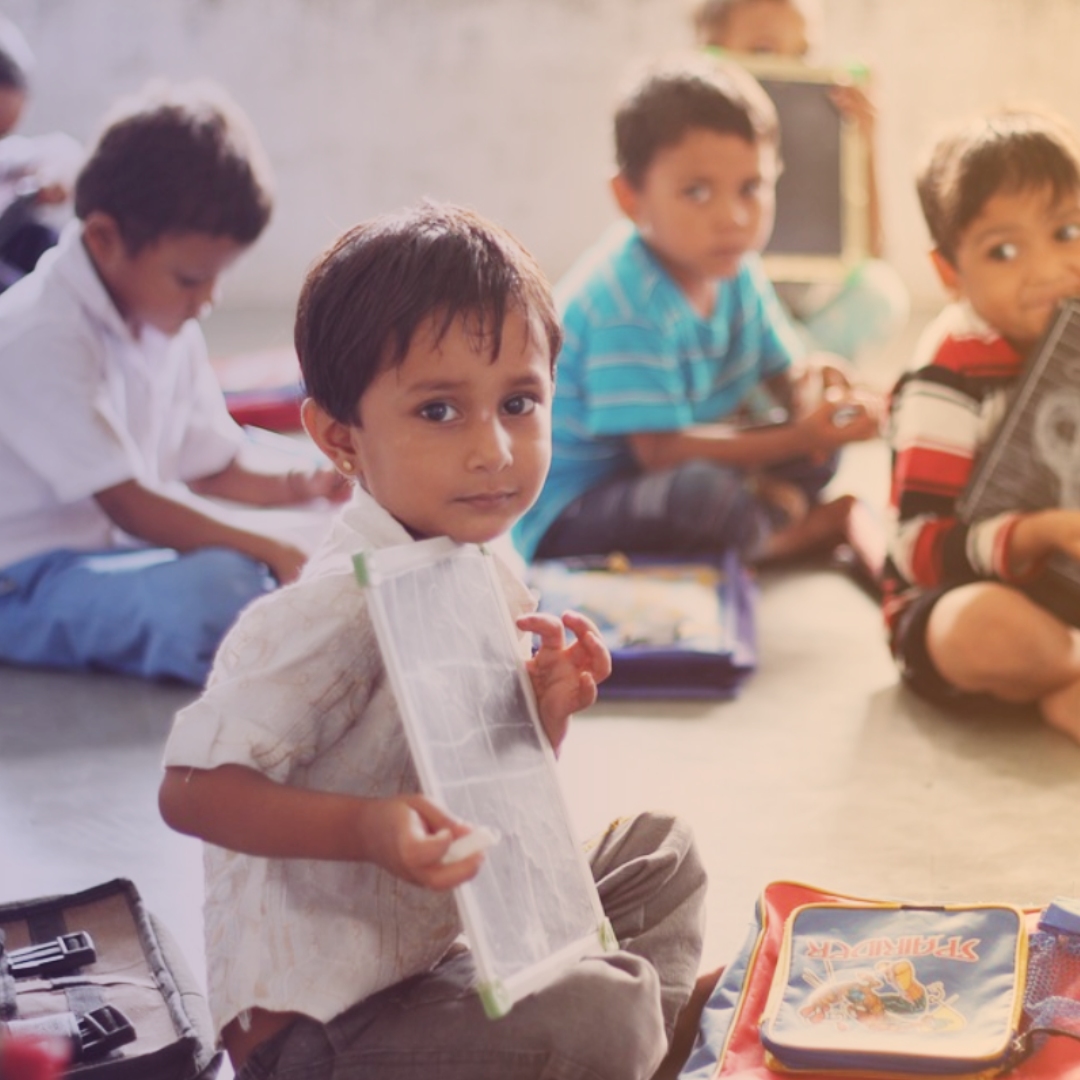
Image Credit: Pixabay (Representational)
UP: After Two Years Of Pandemic, Home-Based Learning Makes Little Seema School-Ready
Writer: Save the Children
Save the Children is India’s leading independent child rights’ NGO, which works in 18 states of the country. Beginning its journey in 2008 in India, and registered as ‘Bal Raksha Bharat’, we have changed the lives of more than 11 million (1.1 crore) children.
Uttar Pradesh, 8 May 2022 12:27 PM GMT | Updated 8 May 2022 12:34 PM GMT
Creatives : Ankita Singh |
A literature lover who likes delving deeper into a wide range of societal issues and expresses her opinions about the same. Keeps looking for best-read recommendations while enjoying her coffee and tea.
Guest Author : Save the Children
Save the Children is India’s leading independent child rights’ NGO, which works in 18 states of the country. Beginning its journey in 2008 in India, and registered as ‘Bal Raksha Bharat’, we have changed the lives of more than 11 million (1.1 crore) children.
During the pandemic, Early Childhood Care and Development (ECCD) at home emerged as one of the best response strategies to cater to the developmental needs of young children who were unable to attend classes at school.
The first day of school is an important milestone for a child. Every parent documents this day - Neatly pressed uniform, unruly hair finally tamed, a backpack and a water bottle and the dreams of a new beginning. Schools provide a safe space for children to nurture their talents and aspirations. Seema Rani, the youngest of three daughters to Sushil Kumar Kaushal (father) and Reja Kumari (mother), had just started going to the Anganwadi centre in Gaya, Bihar, when the pandemic struck. Like millions of children, she was locked inside her home, away from her friends and the right start to education abruptly halted. There was no one at home to help Seema with her education. Her mother was not literate, and her father was out most days searching for work.
During the pandemic, Early Childhood Care and Development (ECCD) at home emerged as one of the best response strategies to cater to the developmental needs of young children who were unable to attend classes at school. Parents and children participated in Save the Children's programme on Early Literacy and Maths (ELM) under the 'Back to Basics' project. This intervention was initiated in Seema's village as well. With the support of an Academic Support Fellow (ASF), the Anganwadi teacher formed a WhatsApp group with parents and caregivers and shared videos and audios on the group. The intention was to facilitate some basic learning at home. Mothers like Reja were oriented on how to conduct lessons on simple shapes and figures with available tools at home.
Slowly with the support from our ASF, Seema's mother started teaching her at home. It gave impetus to her early childhood education. "Save the Children and Anganwadi didi motivated me to teach my daughter. It has given me the confidence to interact with other mothers in the village and share our experiences. I feel so happy that my child is taking an interest in her studies," said Seema's mother, Reja.
After nearly two years, when the Anganwadi centres reopened, Seema's happy feet pranced to the playschool. Along with her friends, she spends three hours at the centre, which gives them an opportunity to learn and play. She has learnt to read and write the Hindi alphabets; she can count to 15 and identify shapes and colours. She's ready for school.
Also Read: Here's Why Chhattisgarh's Hasdeo Arand Residents Are Protesting Against Coal Mining Clearance
 All section
All section















